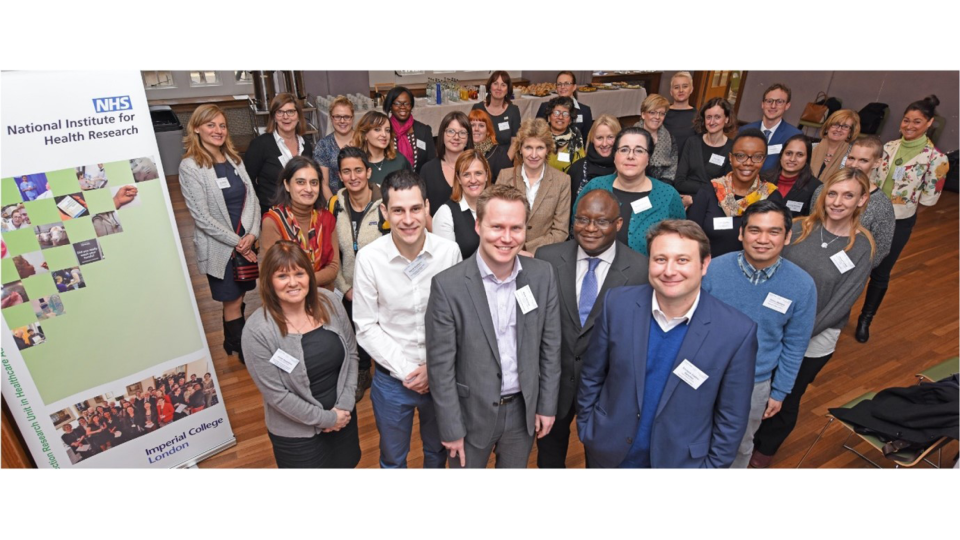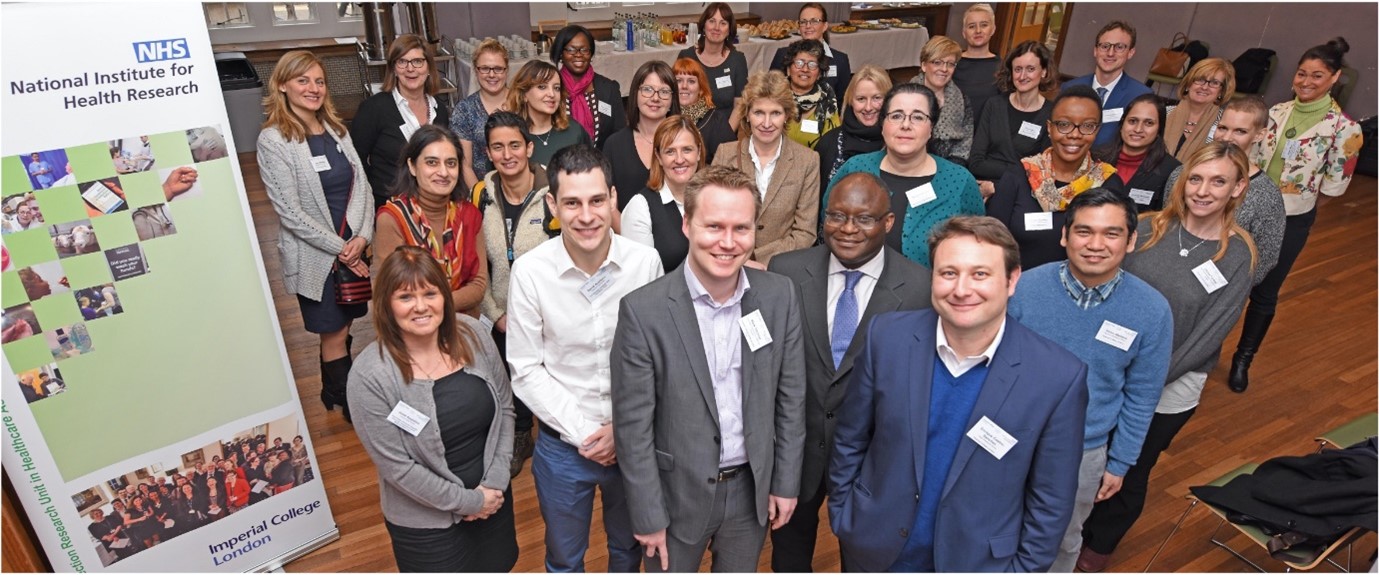Nursing leadership in antimicrobial resistance

On the occasion of Antimicrobial Resistance Week, 18-24 November 2023, ICN collaborated with Dr Enrique Castro-Sanchez, RGN PhD MPH BSc DipTropNurs PgDip PgCert DLSHTM FHEA FEANS, Senior Lecturer in Global Challenges (Planetary Health), Brunel University London, UK, on the following case study: 
Infections that are difficult to treat are some of most pressing global challenges in human and animal health, driven generally by the misuse or overuse of antibiotics. Governments worldwide have introduced measures to curb the increase of drug-resistant infections, with national plans that advocate the participation of all healthcare workers in efforts to improve antibiotic usage. However, the involvement of nurses in this area has traditionally been quite limited, for many reasons.
Over the past ten years, Dr Enrique Castro-Sánchez has worked with colleagues from other professions and countries to explore the underlying factors that hinder the collaboration and leadership of nurses in initiatives to improve antibiotic decisions and usage. There is no health and social care service or patient group that is protected from the threat of drug-resistant infections. A report on the frequency and distribution of such infections worldwide suggested that in 2019 around 1.2 million people died from these infections, with another 4 million cases where antibiotic-resistant infections were a contributing factor. Nurses in all clinical areas and care settings will at some point engage in decisions about the use of antibiotics.
For example, Dr Castro-Sánchez and his collaborators approached all higher education institutions in the four countries in the United Kingdom that offer undergraduate courses of human and animal health to contrast their curricula on antimicrobial stewardship (AMS) . AMS is the umbrella term referring to activities aimed at improving antibiotic usage, so any gaps that could explain some of the reluctance or lack of skills among nurses to engage with AMS activities could be addressed later on. The findings were striking. Only 36% of nursing faculties taught all the components of AMS, with an average of ten hours of AMS education across the whole nursing degree. These results were replicated by researchers at national public health and health education agencies, supporting the inclusion in 2018 of a specific requirement about AMS among the standards of competence that all nurses registered in the UK must demonstrate.
The gaps identified in the study pointed not only to the absence of content related to AMS in the undergraduate nursing curricula in the UK, but also to the lack of suitable models of competency in practice. For such reasons, Dr Castro-Sánchez collaborated with Molly Courtenay, Prof of Nurse Prescribing at Cardiff University, to develop national and international competencies for AMS for nurses. These include essential domains, such as infection prevention and control, diagnosis of infection, antimicrobial prescribing, person-centred care and interprofessional collaborative practice (Courtenay et al, 2019). Additionally, Professor Courtenay and Dr Castro-Sánchez have worked with international leaders in AMS nursing to produce the first book about AMS written by nurses for nurses. Further collaborations with the European Specialist Nurses Association have resulted in free educational resources around infection prevention and control, vaccination, and antimicrobial stewardship (https://esno.org/microbialissues.html).
The important shaping of national and international education on this topic has been complemented with research exploring models of nursing roles in AMS in the UK, which could aid health care services and education providers implement and support these roles (Castro-Sanchez, 2019). This research was incidentally informed by a grant by the Florence Nightingale Foundation in the UK to learn from nurses in South Africa and Rwanda. Leadership and collaboration were also the focus of the first International Summit of Nurses in Stewardship, organised at the national Centre for Infection Prevention and Management at Imperial College, London, and with a multidisciplinary and international audience.

Finally, Dr Castro-Sánchez worked with doctors, pharmacists and software developers to produce 'On call: antibiotics', the first electronic game aimed at training healthcare professionals in the optimal use of antibiotics (available here). The game focuses on the key set of behaviours that need to be demonstrated during the management of antibiotics, and which enable clinicians including nurses to learn about consequences of their antibiotic decisions, as well as understand the influence of peers, patients, and the regulator of those decisions.
Without a doubt, nurses are ideally placed to contribute and lead interventions to improve how antibiotics are used. They are key advocates to influence the wider determinants of infection and thus shape the need for antimicrobials, and their holistic perspective about the health and life of the communities they serve would enrich current views about the need to take into account the interaction between human, animal, and environmental health.
About the author:
Enrique Castro-Sánchez combines positions as Senior Lecturer in Global Challenges (Planetary Health) at Brunel University London, UK; Honorary Lecturer at the Health Protection Research Unit in Healthcare-Associated Infection and Antimicrobial Resistance at Imperial College London, UK; and Visiting Professor at University of Balearic Islands, Spain. Enrique’s research interests include the influence of policies on AMS interventions, the effect of inequalities, including limited health literacy, on infection prevention behaviours, the development and evaluation of innovative models of care in AMS, and societal engagement, on infections, AMS, and vaccinations. He has consulted to the WHO on leadership for infection prevention and control and antimicrobial stewardship.
He has a PhD in Nursing by University of Alicante (Spain), and MSc in Public Health by the London School of Hygiene and Tropical Medicine. He has a broad clinical experience in infectious diseases, tuberculosis, and HIV. Enrique is a Florence Nightingale Foundation Scholar, Editor-in-Chief of Infection Ecology and Epidemiology journal, associate editor of BMC Public Health, BMC Health Services Research, and JAC-AMR journals, and was designated as Emerging Leader in International Infectious Diseases in 2016 by the International Society for Infectious Diseases.